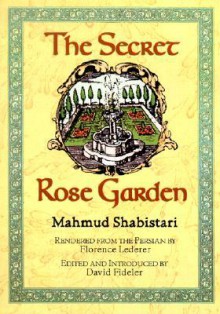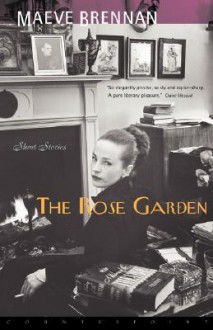

I consider myself as an atheist/agnostic person, so I shouldn't have liked this Islamic collection of poems so much and rated it 5 stars, but I have some certain reasons for doing so:
1. It is a very well written piece of classical Persian literature in its own kind. I can't remember the last time that I read a fascinating book in Persian and told myself "What a treasure!", so I couldn't resist.
2. Is it really necessary to be a Muslim/religious person to like a masterpiece which is talking about God, beliefs and morality? Isn't it possible to switch off your atheist part of your brain for a few hours and just enjoy the contents? For an agnostic it wouldn't be difficult to read something without prejudice though.
3. Reading a classical religious book is easier than reading a contemporary religious book, because you know that many years passed, people those days had different ideas which by passing years they have been changed. You can easily enjoy the total theme.
This book was written in an asking and answering form. Mahmud Shabistari is one of the most celebrated Persian Sufi poets of the 14th century.
Sufism was one of my interests before turning to atheism and as far as I know it is so different from Islam. In Sufism the first important step in your mystical path is to switch off your mind and know your God only through your heart. It was a nice experience to me, but unfortunately I finally asked that cursed question: "But, what does it all mean?!"...
LET reason go. For His Light
Burns reason up from head to foot.
If you wish to see that Face,
Seek another eye. The philosopher
With his two eyes sees double,
So is unable to see the unity of the Truth.This book is also a good place to start reading classical Persian literature. It is a short book and the language is simple and so sweet that you can't put it down. And if you are the one who wants to start Persian poetry with
Rumi's Masnavi ...Not a good idea!


 Log in with Facebook
Log in with Facebook 










